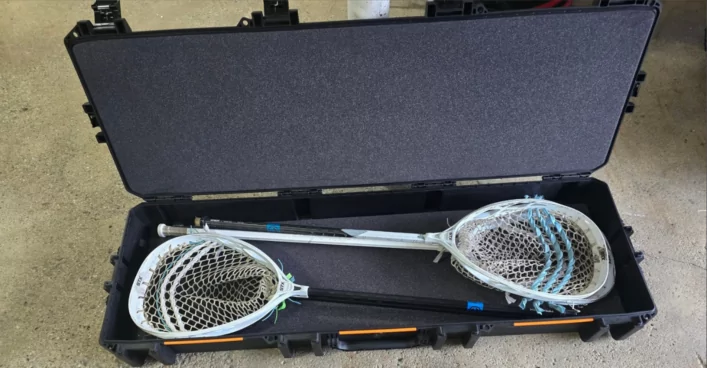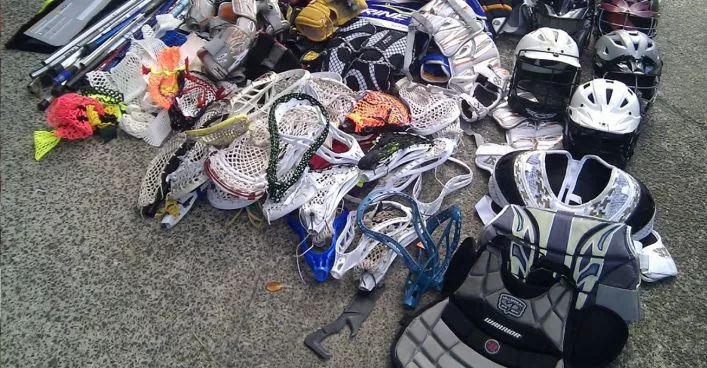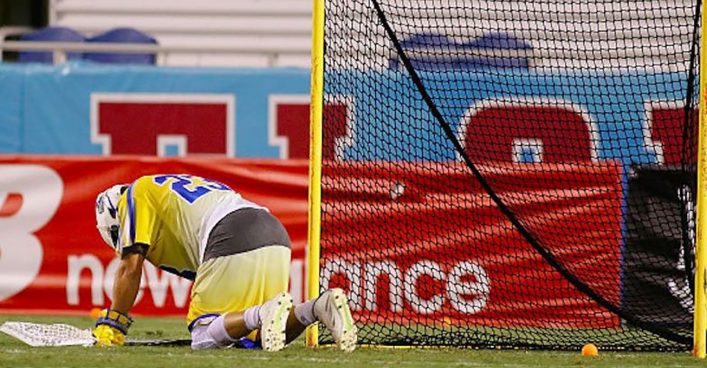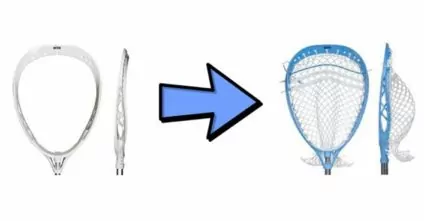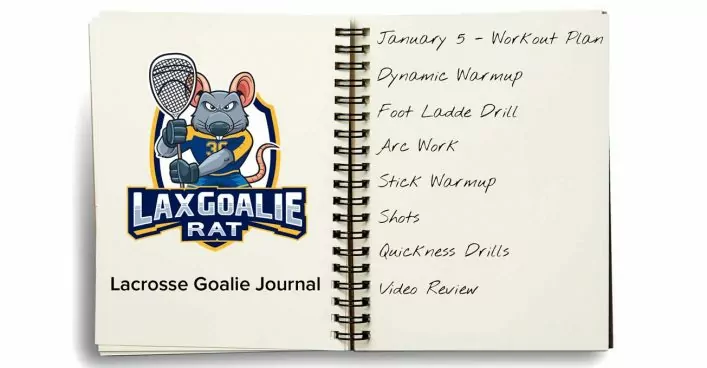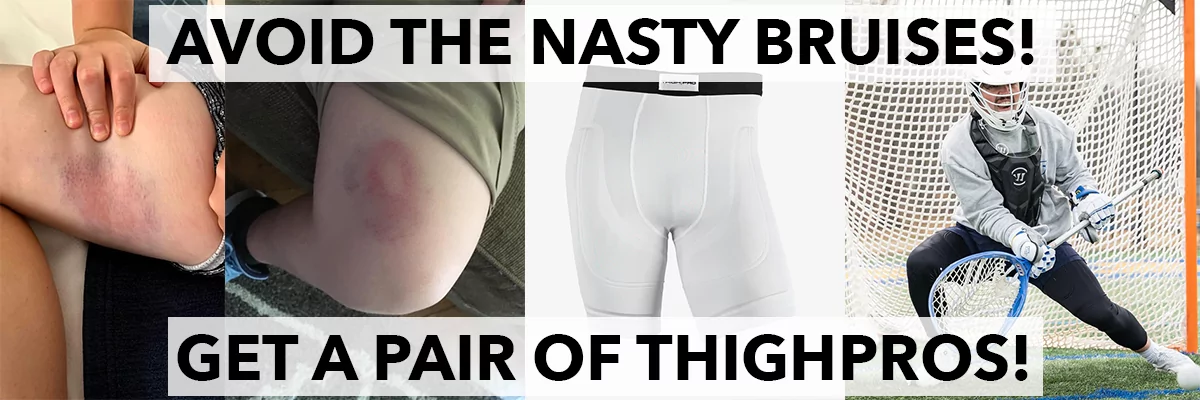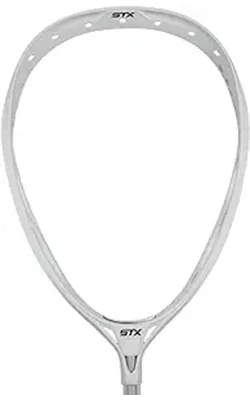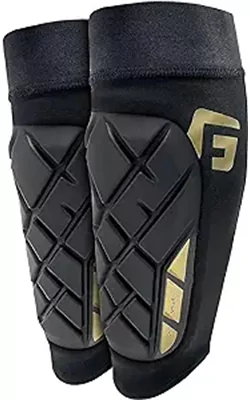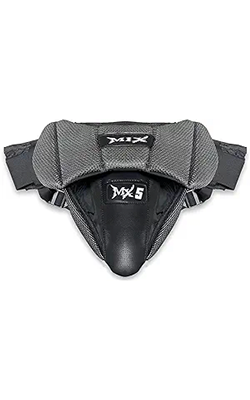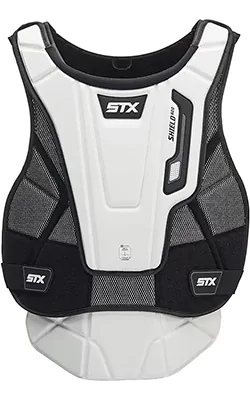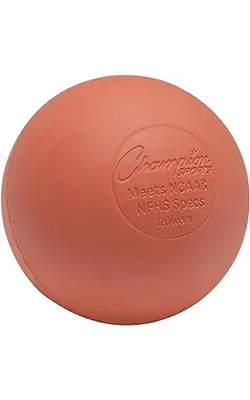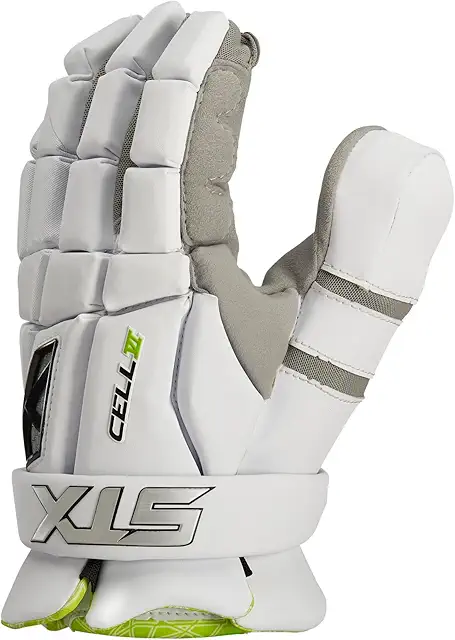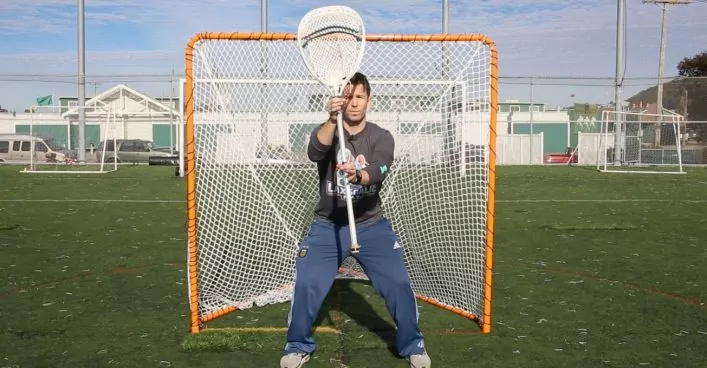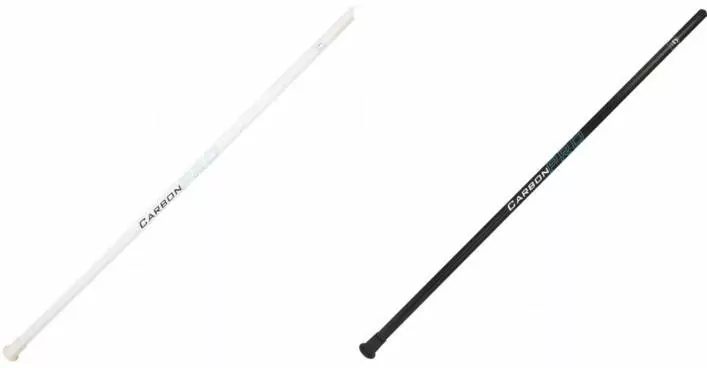In a previous post about breaking out of a mental slump, I recommended that all goalies use a lacrosse goalie journal.
In fact I consider the lacrosse goalie journal so important in the development of a young lax goalie that I want to go out on a limb and say this might be my most important post to date (and we’re at 96 for those counting at home).
Outside of the sports world it is no secret that there are many benefits to keeping a journal. I would like to see all lacrosse goalies can bring those benefits into their life and into their game.
Imagine going to school and not taking any notes. Pretty unrealistic, right?
Well I think its the same situation for lacrosse goalies who don’t have a goalie journal. After all, a great lacrosse goalie is a student of the game.
I consider this journal so critical in the development of goalie’s success that I wanted to dedicate an entire post to explaining exactly what a lacrosse goalie journal is and how to use it.
The Purpose of a Lacrosse Goalie Journal
Journaling can be one of the most beneficial things you can do for your game. It strengthens you in so many aspects, from solidifying habits to uncovering hidden problems; journaling will help you immensely in your journey to becoming an all-star lacrosse goalie.
Let’s talk about a few reasons you might consider using a journal.
They say the mental aspect of playing goalie is the toughest to master. A lacrosse goalie journal will help you address this head on.
Former NHL goalie Ken Dryden said this about the position of goalie:
Because the demands on a goalie are mostly mental, it means that for a goalie the biggest enemy is himself. Not [the ball], not an opponent, not a quirk of size or style. Him [or her]. The stress and anxiety he [or she] feels when they play, the fear of failing, the fear of being embarrassed, the fear of being physically hurt, all the symptoms of his position, in constant ebb and flow, but never disappearing. The successful goalie understands these neuroses, accepts them, and puts them under control. The unsuccessful goalie is distracted by them, his mind in knots, his body quickly following.
He was of course referring to ice hockey goalies but the same is true about lacrosse field goalies.
The purpose of a lacrosse goalie journal is to train and build the mental part of your game. To help you understand these neuroses, accept them, and put them under control.
The purpose of a lacrosse goalie journal is also to help you set clear goals and a lay out a realistic path to achieve them.
All good athletes are also students of game. Being a “student of the game” means you not only put time in on the practice field, you’re also spending time off the field studying. Watching film of great goalies, reviewing and critiquing your own performance, or scouting upcoming opponents.
Like any good student a lacrosse goalie needs to take notes that you can revisit at any time in the future.
Enter the lacrosse the goalie journal – a concept I adapted from a post I read years ago on goalie journals.
A good lacrosse goalie journal will help you:
- Be mentally prepared for each game or practice
- Set and accomplish goals
- Get motivated
- Identify problems in your goalie game
- Improve mentally after each game you play
- Build your confidence
- Prepare you for each practice
- Learn lacrosse concepts
- Record your stats in a way that you can analyze to improve your game
- Become a team player
- Learn and improve from mistakes you make
The benefits list for using a goalie journal goes on and on.
How to Use the Lacrosse Goalie Journal
Every lacrosse goalie is different and therefore there is no right or wrong way to use a lacrosse goalie journal.
What works for one goalie might not work for another.
Ultimately how you use your goalie journal is up to you but here are a few recommendations that I have:
Set and Write Your Goals
I encourage all lacrosse goalies I work with to set some individual goals for themselves.
For example, here are the goals my last goalie set for himself (14 yr old/Male). These are shared with his permission:
- Save percentage greater than 60% for the season
- Elected team captain of club team by next year
- 4yr starting goalie for his high school team
Each of these goals follows the SMART format. Which I suggest you take a few minutes to learn if you’re not familiar.
- S: Specific – Who, what, where, when, why, which. Define the goal as much as possible with no ambiguous language.
- M: Measurable – Can you track the progress or outcome? “Become a better goalie” is not measurable whereas “Increase save percentage to 60%” is measurable and can mean the same thing.
- A: Attainable – Is the goal reasonable enough to be accomplished? If you start playing goalie your senior year of high school, a goal to get recruited for a D1 lacrosse scholarship is probably not attainable.
- R: Relevant – Is the goal worthwhile? Will it meet your needs? Does it fit your long term plans? If you make a goal to be captain of the team, make sure that is something you actually want.
- T: Timely – Each goal should have an element of time to establish urgency. “Elected team captain of club team” is a goal with no element of time. Notice how we’ve added “by next year” to the 2nd goal to give sense of urgency.
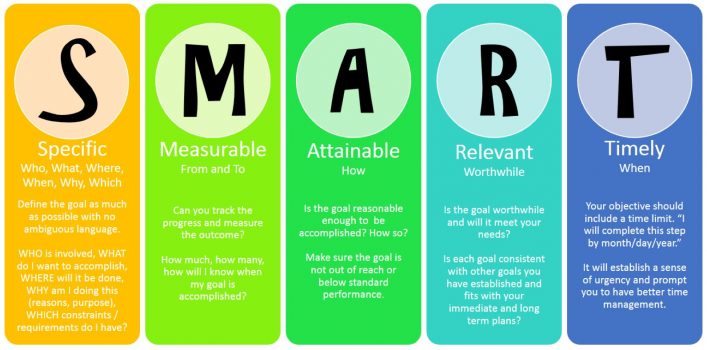
Write these goals in your lacrosse goalie journal and review it weekly.
This will give you that extra motivation when you don’t feel like strapping on the pads and taking shots. That extra motivation when you don’t feel like working out. And that extra motivation to give it everything you got during practice.
With each review ask yourself, are you doing enough work to accomplish those goals you’ve written down? Are you outworking your competition?
If you want to share your goals, please leave me a comment down below.
Record Emotions to Help Remember for Future Use
The goalie journal is not just about particular situations in a practice or game, like I’m struggling with low shots, although as I’ll discuss in a minute, that is a big part of the journal.
An equally beneficial part of the goalie journal is how you felt in a game. The emotions you went through during a game and how you dealt with them.
Up by a goal with 1 minute left, what was I thinking? Or how did I feel going into that big game? What did I do as game preparation on days where I was dominate versus days I sucked?
By studying these notes you can go back and look at your thoughts during hot streaks, times when you were absolutely in the zone, seeing beach balls on every shot.
This type of review will help you get back into your good state much sooner when you inevitably hit that cold streak.
I find that reviewing the notes from my positive times is actually more beneficial then reviewing notes of what I did wrong or what I need to improve on.
When you played well take note of:
- What were you thinking?
- How did you feel going into the practice or game?
- What type of music where you listening to?
- How did you approach warm up?
- What where doing that day before you arrived to the field?
By studying these elements I think you can avoid going into long bouts of bad play. And that’s what being a consistent lacrosse goalie is all about.
Because every goalie is going to have an off day, a cold streak. But the consistent goalies recover after a practice or two while the inconsistent ones remain bad for weeks perhaps even large chunks of games.
By keeping a journal and studying it, we can improve our goalie consistency in the crease.
Record Your Stats
In a previous post I discuss metrics for lacrosse goalies so I won’t cover which metrics to track here.
I’ll only say that the lacrosse goalie journal is a great place to record your stats so that you can analyze them later.

Take Notes on Things You Want to Learn or Remember
Weather its learning a new defense like man-to-man or zone, learning new lacrosse goalie terms, or reviewing a scouting report for an upcoming game, the lacrosse goalie journal is the perfect place to keep all your notes.
First of all, if you’re not taking notes on these things you should be. There’s a lot to learn to become an advanced lacrosse goalie and taking notes will help you learn everything quicker.
Storing them in your lacrosse goalie journal gives you a place to review things year after year.
Post Game Breakdown
I recommend that goalies use the lacrosse goalie journal to answer these 3 questions after every game:
- What did I do right?
- What could I have done better?
- What am I going to do next time?
Starting out I always recommend that every goalie journal every game they play in. While it may be time consuming, it is worth it as these notes will help you get insight into problems that you need to work on.
Once you advance to a more intermediate level of goaltending you could just note your progress on the specific things you’re working on.
What did I do right?
In every lacrosse game there’s no doubt something that you learned or did correctly. Start by giving yourself props for that.
Think about it, for you to even make a single save, something needs to have gone right. There is no such thing as a lucky save.
So make sure to reward the positive steps you take on your goalie journey.
Recognizing the things you’re doing right goes a long way towards building your confidence in the crease.
What could I have done better?
This section in your journal is where you break down the errors you made, framed in a positive way.
Maybe you weren’t loud enough in your communication and it resulted in several goals against.
Maybe you were nervous at the start of the game, didn’t get a good warmup and it impacted your early performance.
Or maybe you and your defense botched several clears that led to turnovers and goals against.
Don’t propose changes here, just let your mind flow.
No goalie is perfect, there is always something that you can work on. When learning to be a great lacrosse goalie, leave your ego at the door.
If you’re coming up with blanks read through your previous journal entries and notes. This should jog your memory.
What am I going to do next time?
This is the place where you correct the issues you identified above. Get specific here.
Just saying “I will communicate more” is weak and ineffective. Instead, really dive in and visualize what you need to do: “Next time an attackman feeds the crease I will yell “CHECK” loud and crisp to tell my defender to check his attackman’s hands”.
Over time, as you journal game after game you will begin to accumulate a lot of data. When you are feeling in a rut, or don’t know what to work on next, go back and read the last month or two’s worth of journal entries. You’ll begin to see patterns of things that you need to work on.
You can also use journaling to get specific on one particular problem of your goalie game. For example, you might track your progress on becoming great at making one on one saves.
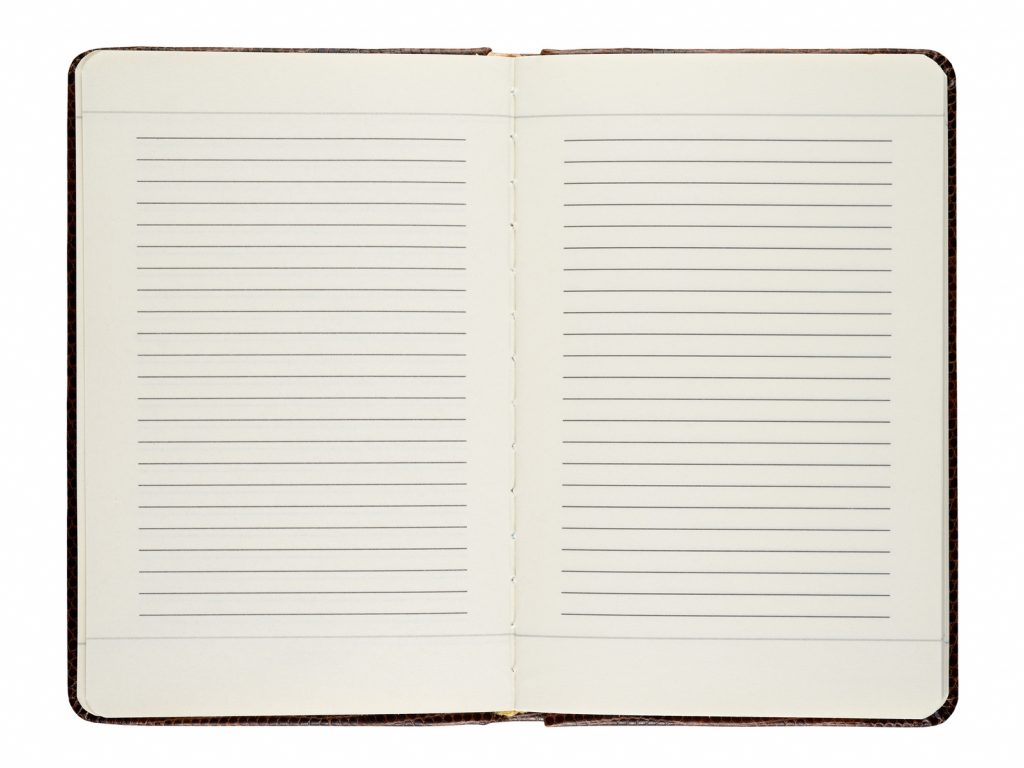
Some Additional Lacrosse Goalie Journal Tips
Notebook vs. Evernote/Cell Phone
When it comes to journaling, I am old school and prefer a notebook (like this one).
However, I realize many youth today may not enjoy physically writing with pen and paper.
If that’s the case, then my suggestion is to use Evernote on your cell phone. Evernote also gives you a few key advantages in that you can tag and search your entries more easily, as well as easily share them with parents, coaches, teammates, or friends for feedback.
Evernote also allows you to view your journal on multiple devices like your computer and your cell phone.
Keep the Entries Short
These journal entries don’t have to be massive entries.
Rather, just a few sentences will achieve the same effect as spending an hour writing a full essay.
These are notes intended for our own use. Writing shorter notes also makes the process of skimming past entries much easier.
So keep it short, but keep it thorough.
Maintain Privacy
I don’t read what’s in a goalie’s journal unless they specifically want me to.
I think the contents of a goalie journal are for the goalie and only for the goalie.
As a coach (or as a parent) I’m there if they have questions but I’m not going to pry into their lacrosse journal.
I will request that for goalies I’m working with we review their goals (and other elements) together. But that’s us reviewing things together, not me prying into their personal thoughts.
This allows the goalie to get extremely personal in journal which will help in the long run.
Conclusion
Ultimately how you use a lacrosse goalie journal is up to you.
Hopefully after reading this post you’re convinced that a lacrosse goalie journal is not only beneficial to improving your goalie play but is something of a must.
A journal is a great way to remember what you’ve learned, motivate you for the future and help you break out of that inevitable slump when the time comes.
By documenting games in terms of 1.) what you did well? 2.) what are areas for improvement? 3.) what will I do differently next time? you’ll be able to notice your bad habits and get them corrected.
Playing goalie in lacrosse is such a mental battle and a lacrosse goalie journal can be your secret weapon for winning that battle.
Until next time! Coach Damon
Anyone else using a lacrosse goalie journal? Any questions about how to use a lacrosse goalie journal? Let me know about in the comments below.








 14 Amazing Lacrosse Goalie DrillsAug. 1, 2024
14 Amazing Lacrosse Goalie DrillsAug. 1, 2024 Quick Guide To Lacrosse Slang TermsApril 14, 2025
Quick Guide To Lacrosse Slang TermsApril 14, 2025 Lacrosse Goalies Rules To KnowJune 28, 2022
Lacrosse Goalies Rules To KnowJune 28, 2022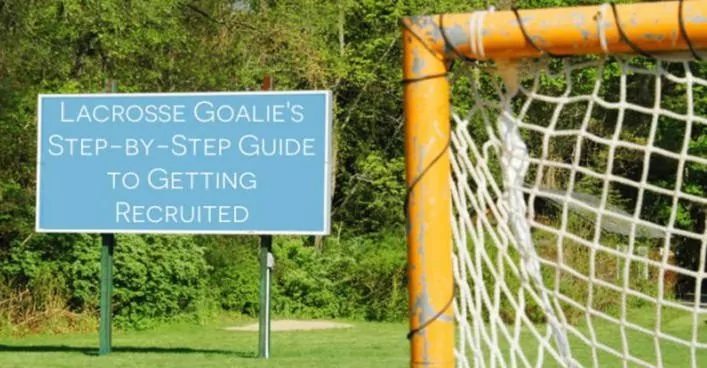 Lacrosse Goalie Step-by-Step Guide to Getting RecruitedFebruary 6, 2022
Lacrosse Goalie Step-by-Step Guide to Getting RecruitedFebruary 6, 2022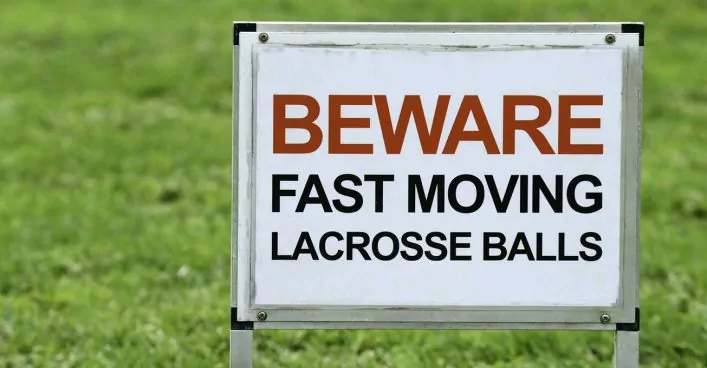 18 Lacrosse Goalie Drills to Improve Your GameApril 24, 2025
18 Lacrosse Goalie Drills to Improve Your GameApril 24, 2025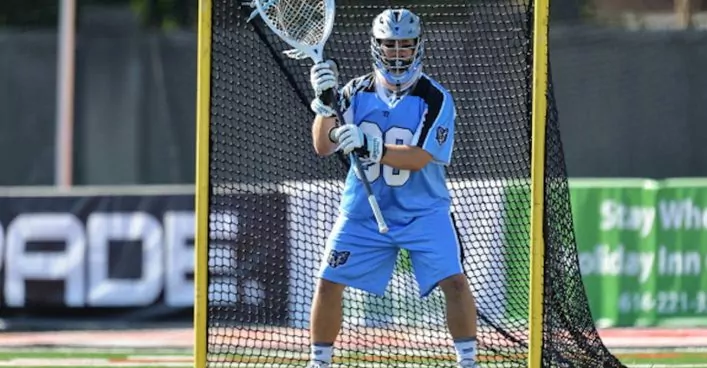 7 Elements of a Great Lacrosse Goalie StanceAug. 1, 2020
7 Elements of a Great Lacrosse Goalie StanceAug. 1, 2020 12 Lacrosse Goalie Tips To Take Your Game to the Next LevelSeptember 10, 2024
12 Lacrosse Goalie Tips To Take Your Game to the Next LevelSeptember 10, 2024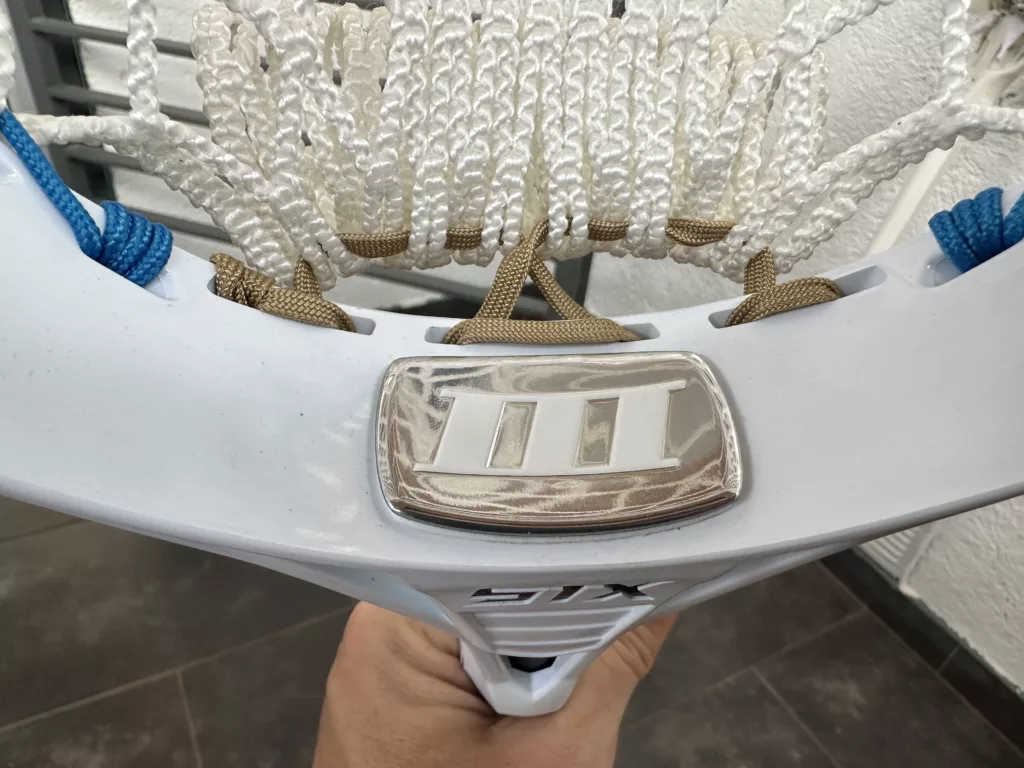 STX Eclipse 3 Goalie Head ReviewApril 24, 2025
STX Eclipse 3 Goalie Head ReviewApril 24, 2025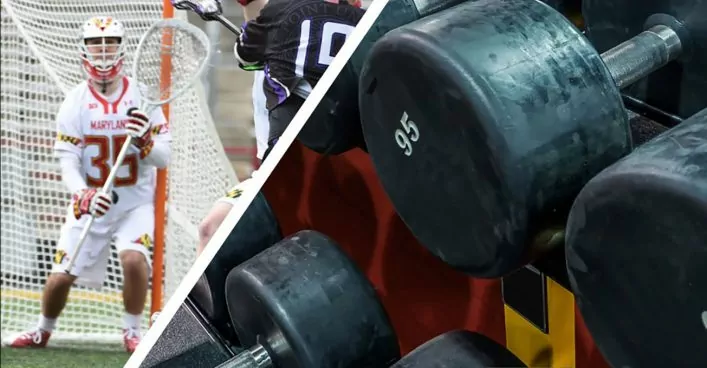 Lacrosse Goalie WorkoutAug. 12, 2019
Lacrosse Goalie WorkoutAug. 12, 2019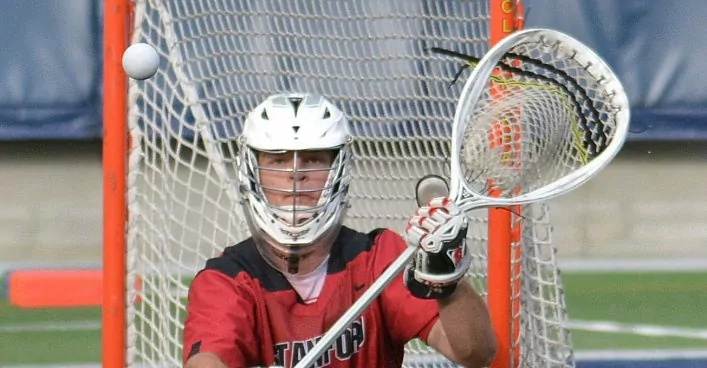 The Basics of Making a SaveJune 29, 2021
The Basics of Making a SaveJune 29, 2021

